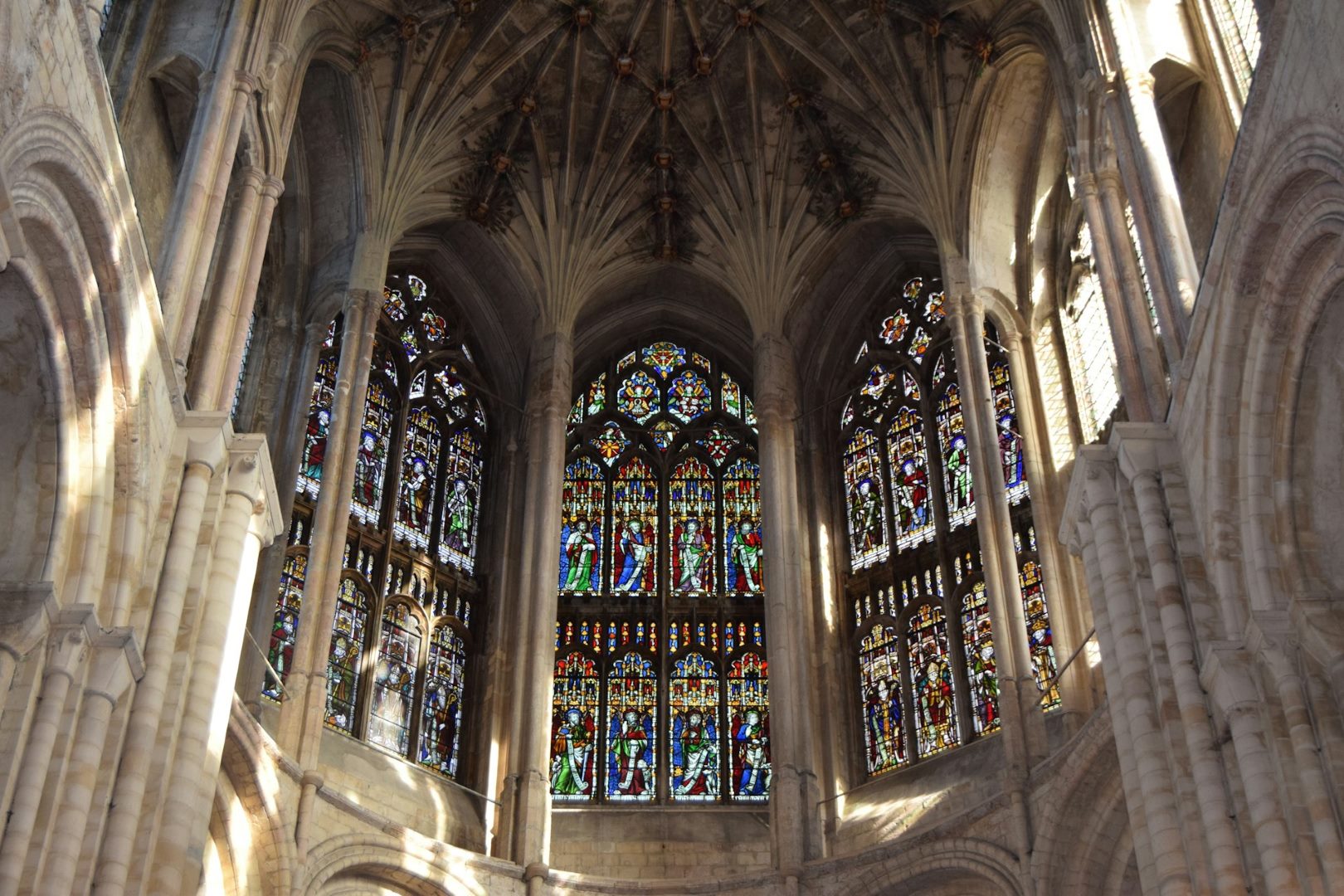What is the Universal Church?
The concept of a universal church refers to the idea that all true Christian believers, regardless of their denominational affiliations or geographical locations, constitute a single, unified body of Christ. It transcends the boundaries of specific churches, denominations, or organizations, embracing all who profess faith in Jesus Christ as their Savior and Lord.
Biblical Foundations of the Universal Church
- 1 Corinthians 12: The apostle Paul compares the church to a body with many members, each with its unique role to play.
- Ephesians 4: Paul emphasizes the unity of the Spirit and the importance of maintaining unity in the body of Christ.
- John 17: Jesus prays for the unity of his followers, declaring, “May they be one as we are one.”
Characteristics of the Universal Church
Unity
The universal church is characterized by a profound sense of unity, despite its diversity. This unity is not based on uniformity but on a shared faith in Christ and a commitment to his teachings.
Holiness
The universal church is called to be holy and set apart for God’s purposes. This involves living in accordance with God’s commandments and striving for righteousness in thought, word, and deed.
Mission
The universal church has a mission to proclaim the gospel of Jesus Christ to all nations and to make disciples of all people. This mission extends beyond geographical or cultural boundaries.
Benefits of Belonging to the Universal Church
Shared Fellowship
Members of the universal church enjoy fellowship with other believers from all walks of life, creating a global community of support and encouragement.
Access to Spiritual Resources
The universal church provides access to a wealth of spiritual resources, including the Scriptures, the sacraments, and spiritual guidance from pastors and leaders.
Hope and Assurance
Being part of the universal church brings hope and assurance, knowing that one is part of a vast family of believers working together to fulfill God’s purposes.
Challenges to Church Unity
- Denominationalism: While denominations can provide theological and practical benefits, they can also create divisions within the church.
- Cultural and Geographic Barriers: Cultural and geographic differences can hinder communication and understanding among Christians.
- Sin and Division: Sin, human weakness, and conflicts can lead to divisions within the church.
Promoting Church Unity
- Prayer for Unity: Pray for the unity of the church and for the Holy Spirit to guide and strengthen believers.
- Dialogue and Cooperation: Encourage dialogue and cooperation among denominations and Christian organizations.
- Focus on Commonalities: Emphasize the shared beliefs and values that unite Christians, rather than dwelling on differences.
Conclusion
The universal church is a powerful symbol of Christian unity and a reminder that all who believe in Jesus Christ are part of one body. By striving for unity, holiness, and mission, the universal church can fulfill its role as a beacon of hope and a catalyst for transformation in the world.
Additional Resources
| Denomination | Number of Adherents | Geographic Distribution |
|---|---|---|
| Roman Catholic Church | 1.3 billion | Worldwide |
| Orthodox Church | 260 million | Eastern Europe, Russia |
| Protestant Church | 920 million | Europe, North America, Africa, Asia |



